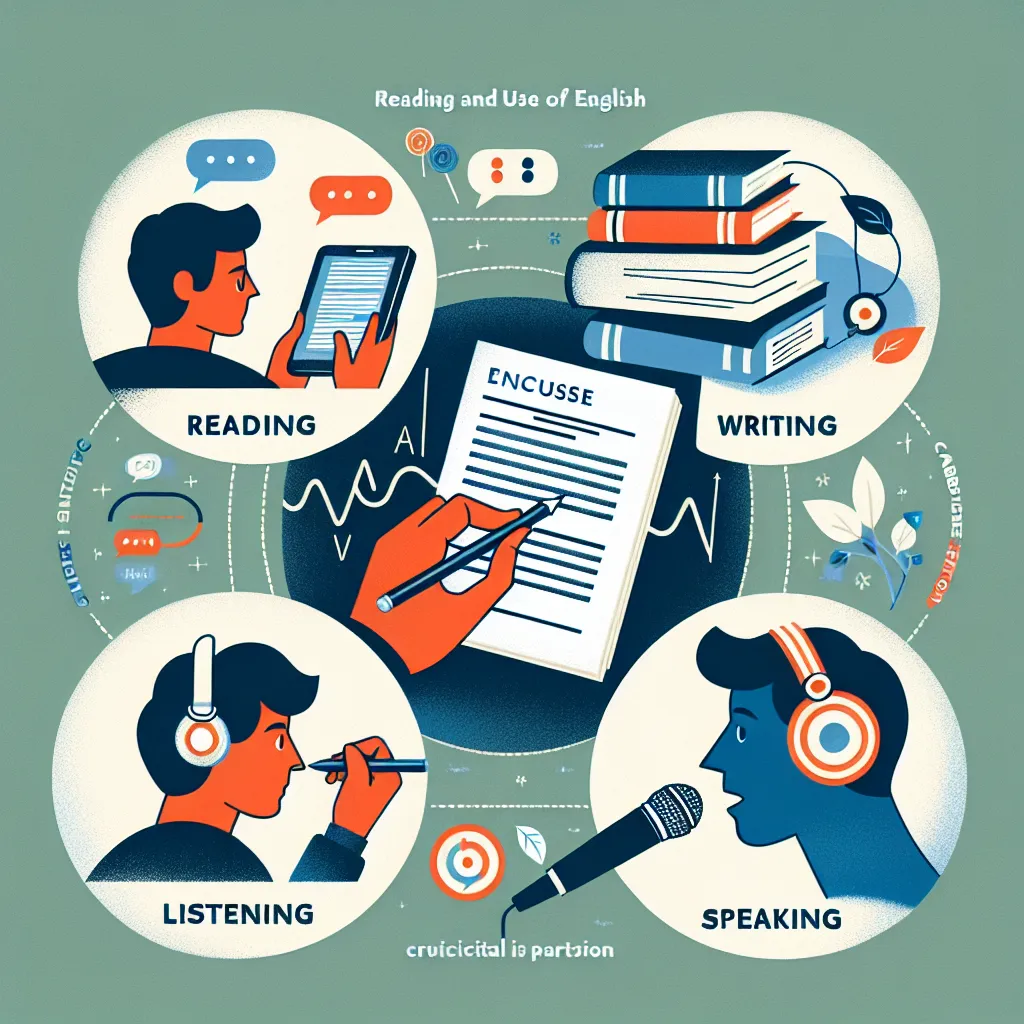As an experienced Cambridge examiner and content creator for LearnEnglish.NET, I’ve encountered numerous recurring errors in candidates’ writing papers. Understanding these common pitfalls is crucial for anyone preparing for Cambridge exams, whether you’re a beginner or looking to refine your skills. In this comprehensive guide, we’ll explore the most frequent mistakes in Cambridge writing tasks and provide actionable tips to help you avoid them.
Understanding the Importance of Writing in Cambridge Exams
Writing is a fundamental component of Cambridge English exams, testing your ability to communicate effectively in various formats. From formal essays to informal emails, your writing skills are put to the test, and avoiding common errors can significantly boost your score.
 Cambridge Writing Exam
Cambridge Writing Exam
Top Common Mistakes in Cambridge Writing
1. Poor Time Management
One of the most critical errors candidates make is mismanaging their time during the writing section.
Why it happens: Many test-takers spend too much time on one task, leaving insufficient time for others.
How to avoid it:
- Practice timing yourself during mock tests
- Allocate specific time slots for planning, writing, and reviewing each task
- Use a watch or the clock in the exam room to keep track of time
2. Misunderstanding the Task
Failing to fully comprehend what the question is asking can lead to off-topic responses.
Why it happens: Candidates often skim the instructions or misinterpret key words in the prompt.
How to avoid it:
- Read the question carefully, underlining key words
- Identify the task type (e.g., letter, report, essay) and its purpose
- Ensure you address all parts of the question in your response
3. Inadequate Planning
Many candidates dive into writing without proper planning, resulting in disorganized and incoherent texts.
Why it happens: The pressure of the exam can make test-takers feel they don’t have time to plan.
How to avoid it:
- Spend 5-10 minutes planning your response
- Create a quick outline with main points and supporting ideas
- Use mind maps or bullet points to organize your thoughts
4. Lack of Cohesion and Coherence
A common mistake is producing writing that lacks logical flow and clear connections between ideas.
Why it happens: Writers often focus on individual sentences without considering the overall structure.
How to avoid it:
- Use appropriate linking words and phrases
- Ensure each paragraph has a clear topic sentence
- Create smooth transitions between paragraphs and ideas
5. Inappropriate Register and Tone
Using the wrong level of formality or an unsuitable tone for the given task is a frequent error.
Why it happens: Candidates may not fully consider the context or audience of their writing.
How to avoid it:
- Identify the target reader and purpose of your writing
- Adjust your language and tone accordingly (formal, semi-formal, or informal)
- Use appropriate greetings and sign-offs in letters and emails
6. Limited Vocabulary Range
Repetitive language and basic vocabulary can negatively impact your score.
Why it happens: Test-takers often rely on familiar words due to exam stress or limited vocabulary.
How to avoid it:
- Regularly learn and practice using new vocabulary
- Use synonyms and varied expressions in your writing
- Incorporate idiomatic language where appropriate
7. Grammatical Errors
Consistent grammatical mistakes can significantly lower your score in the Language section.
Why it happens: Candidates may overlook grammar rules or make careless errors under pressure.
How to avoid it:
- Review common grammar points regularly
- Practice identifying and correcting errors in sample texts
- Proofread your work carefully, focusing on areas you know are challenging for you
8. Poor Punctuation and Spelling
Incorrect punctuation and spelling mistakes can affect the clarity of your writing and your overall score.
Why it happens: These errors often occur due to rushing or lack of careful proofreading.
How to avoid it:
- Practice using a wide range of punctuation marks correctly
- Keep a list of words you frequently misspell and review them
- Leave time at the end of the exam to check for these errors
9. Insufficient Word Count
Not meeting the required word count is a common issue that can result in lower scores.
Why it happens: Poor time management or difficulty expanding on ideas can lead to short responses.
How to avoid it:
- Practice writing tasks within the word limit regularly
- Learn techniques for expanding your ideas and providing examples
- Count your words during the exam and adjust your writing accordingly
10. Overuse of Memorized Phrases
While using advanced language is encouraged, overusing memorized phrases can make your writing sound unnatural.
Why it happens: Candidates often try to impress examiners by including pre-learned expressions.
How to avoid it:
- Focus on using natural language that fits the context
- Incorporate advanced vocabulary and structures organically
- Practice paraphrasing and expressing ideas in your own words
Next Steps: Improving Your Cambridge Writing Skills
Now that you’re aware of these common mistakes, it’s time to work on improving your writing skills:
-
Regular Practice: Set aside time each week to practice different writing tasks under exam conditions.
-
Seek Feedback: Have a teacher or language exchange partner review your writing and provide constructive criticism.
-
Read Extensively: Expose yourself to various writing styles by reading English newspapers, magazines, and books.
-
Use Official Cambridge Resources: Utilize past papers and official Cambridge preparation materials to familiarize yourself with exam formats and expectations.
-
Join a Study Group: Collaborate with other Cambridge exam candidates to share tips and practice together.
By being mindful of these common mistakes and actively working to avoid them, you’ll be well on your way to improving your Cambridge writing scores. Remember, consistent practice and attention to detail are key to success in the writing component of Cambridge exams.
Do you have any specific questions about Cambridge writing tasks or strategies for improvement? Feel free to share your thoughts or experiences in the comments below!
[internal_links]
- Top 10 Cambridge Exam Preparation Strategies
- How to Improve Your English Writing Skills for Cambridge Exams
- Cambridge Writing Task Types: A Comprehensive Guide
[/internal_links]




